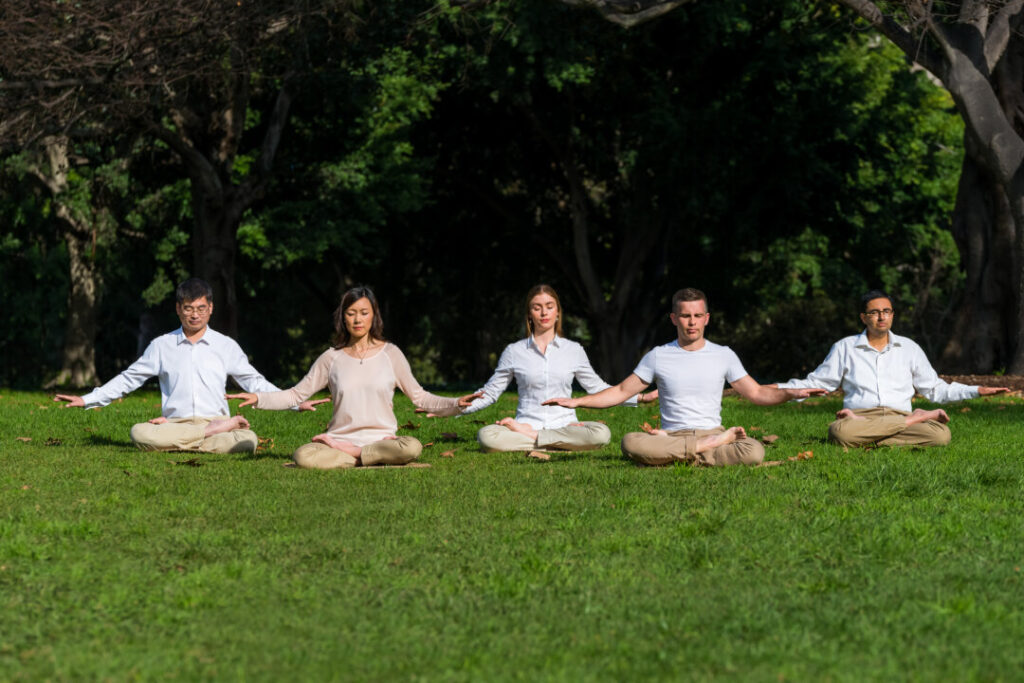Scientific research shows that even short sessions of meditation can cause positive brain changes and support the self-repair process.
One of the most persuasive examples is ky Yongji Mingyur Rinpoche, a Tibetan Buddhist monk who researchers called “the happiest person in the world.”
In 2002, Mingyur Rinpoche visited the Brain Imaging Lab of renowned neuroscientist Dr. Richard Davidson. Davidson, a pioneer in studying the link between emotions and the brain, sought to answer critical questions. Can meditation really change the brain? For the investigation, he invited several Tibetan Buddhist monks, including Rinpoche, to participate in scientific research.
In the laboratory, Mingyur Rinpoche sat quietly, wearing a cap lined with electrodes without ceremonial instruments or chan chanting, only connected to devices that captured brain signals. He practiced loving friendly meditation, a Buddhist technique centered on fostering compassion.

